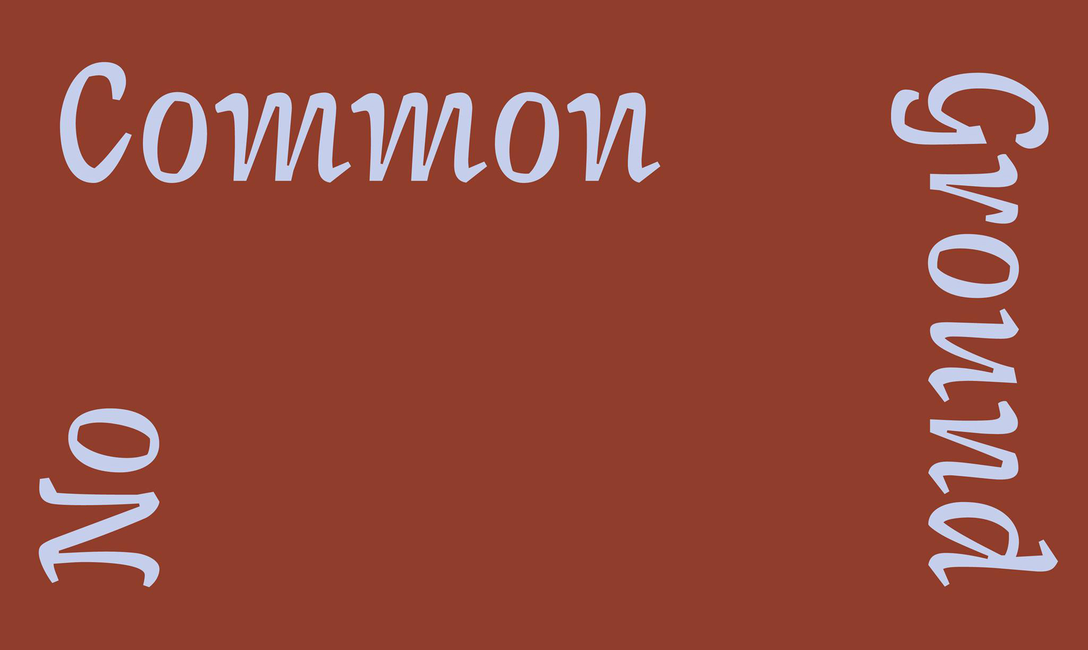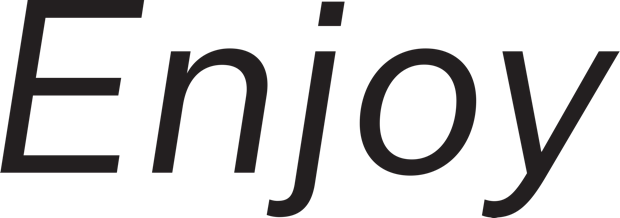past event
No Common Ground
Saturday 7 Jul 2018
10:30am

NO COMMON GROUND is a one-day symposium addressing histories of feminist art, mana wahine and queer practice, co-organised by Adam Art Gallery Te Pātaka Toi, The Dowse Art Museum and Enjoy Public Art Gallery, hosted at Victoria University of Wellington.
Timed to coincide with exhibitions hosted by the organising institutions and Suffrage 125 celebrations, the symposium aims to assess and discuss various curatorial strategies for presenting the work of women artists. It invites curators and artists to more deeply explore their motives and methodologies in developing these projects, to ask critical questions about the histories they invoke and narrate. The day is conceived as an opportunity to challenge inherited and contestable frameworks for thinking about women and art in the 21st century.
Registration is free and will include refreshments. Sign up here.
Lunch can be pre-ordered for a koha of $15, paid in cash on the day.
Venue: Te Toki a Rata Lecture Theatre 1 (TTRLT1), Te Toki a Rata Building, Victoria University of Wellington, Kelburn Parade. The main entrance to this building is opposite the roundabout at the top of Kelburn Parade.
Parking on the day is available in any of the unreserved carparks accessed via Gate 7, which is the drive to the left at the top of Kelburn Parade immediately after the roundabout.
Doors will open at 10am. The symposium begins at 10.30am and finishes at 5.00pm.
There will be an opportunity to visit the Adam Art Gallery’s exhibition, The Earth Looks Upon Us during the day. Transport will be provided at 5pm to take participants to Dowse Art Museum for the opening of Embodied Knowledge. The solo exhibition Margins & Satellites by artist and designer Ella Sutherland at Enjoy Public Art Gallery will also be open from 5 July.

NO COMMON GROUND PROGRAMME
10.00: Doors open, registration, tea & coffee
10.30-10.40: Welcome and introduction
10.40-11.30: Three contemporary curatorial projects
A discussion between Christina Barton, Sophie Davis, and Melanie Oliver, focusing on their curatorial approaches to their current exhibitions.
This session takes curatorial practice as its starting point, allowing for a cross-panel discussion of motivations and concerns, whilst opening out from practice to theory. How, for example, do feminist politics inform—or inhibit—the creative choices that we make? What models of ‘feminist art history/ practice’ do they exemplify?
11.40-12.45: Rethinking relations to place
Convenor: Christina Barton; Speaker: Kirsty Baker; Discussants: Ngahuia Harrison, Ana Iti, Raukura Turei, Nova Paul, chaired by Chloe Cull
Is there a case to be made for a strategic "essentialism" that posits some kind of intimate relation between women and the earth, and how might women artists’ materialist and performative practices offer counter narratives to nationalist investments in place? Using a quotation by Jane Blocker: “we need a history that performs,” Kirsty Baker considers Tania Bruguera’s re-staging of Ana Mendieta’s 1970s performances in Cuba, the homeland Mendieta left in 1962. Chloe Cull leads a discussion with the artists in The earth looks upon us / Ko Papatūānuku te matua o te tangata at Adam Art Gallery.
12.45-1.30: Lunch, Kelburn Campus Hub, $15 brown bag
1.45-3.00: Negotiating collectivity
Convenor: Melanie Oliver; Speakers: Natasha Conland and Rosanna Raymond; Discussants: Mata Aho Collective and Maureen Lander, chaired by Matariki Williams
This session asks, what does collectivity look like today? What genealogies are available to contemporary artists, and what challenges does collective and anonymous authorship pose to the academy and the art institution? How does the concept of mana wahine inform artistic practice?
3.15-4.15: Alternative publishing and queer histories
Convenor: Sophie Davis; Speakers: Ella Sutherland and Deborah Rundle
How do printed matter and the archive function as sites for LGBTQIA+ self-determination, thinking and practice? How is history invoked through processes of recovery and re-publication? This session explores these questions in relation to selected lesbian and feminist publications produced during the 1970s to the 1990s in Aotearoa. Ella Sutherland discusses "the queering of mechanical production," her research process and approach to working with some of these serial publications held by the LAGANZ archive. Artist Deborah Rundle reflects on her involvement in two of these publications: Bitches, Witches & Dykes; A Women’s Liberation Newspaper (published between 1980-82) and Dyke News (1982-5), and the activist communities surrounding them.
4.15-4.45: Plenary
An opportunity to address issues and ideas raised during the day, prompted and led by three invited respondents.
5.00: Bus to the Dowse for Embodied Knowledge opening
*Details of this programme may change. The full programme will be available on the day.
